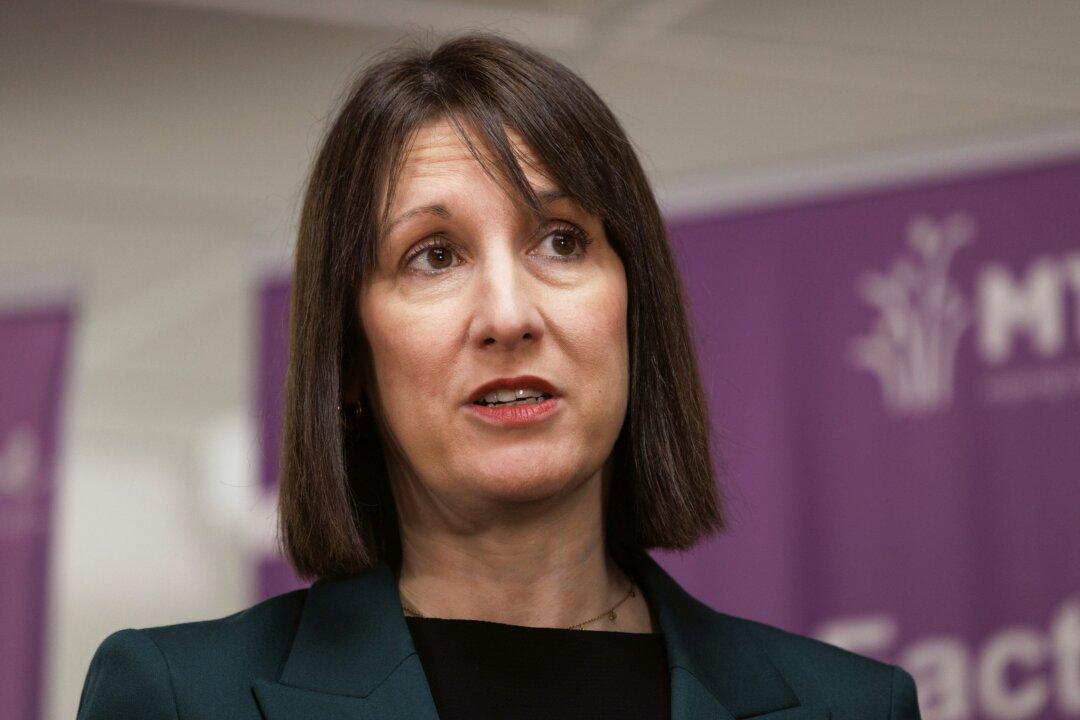Rachel Reeves is facing her first major test as chancellor of the exchequer after the UK government’s borrowing costs rose for a third consecutive day on Thursday.
The stirling’s losses against other currencies also further deepened, leaving Reeves staring down the barrel of potential future cuts to public spending, less than three months after she presented the first Labour Party budget since 2010 to Parliament.





